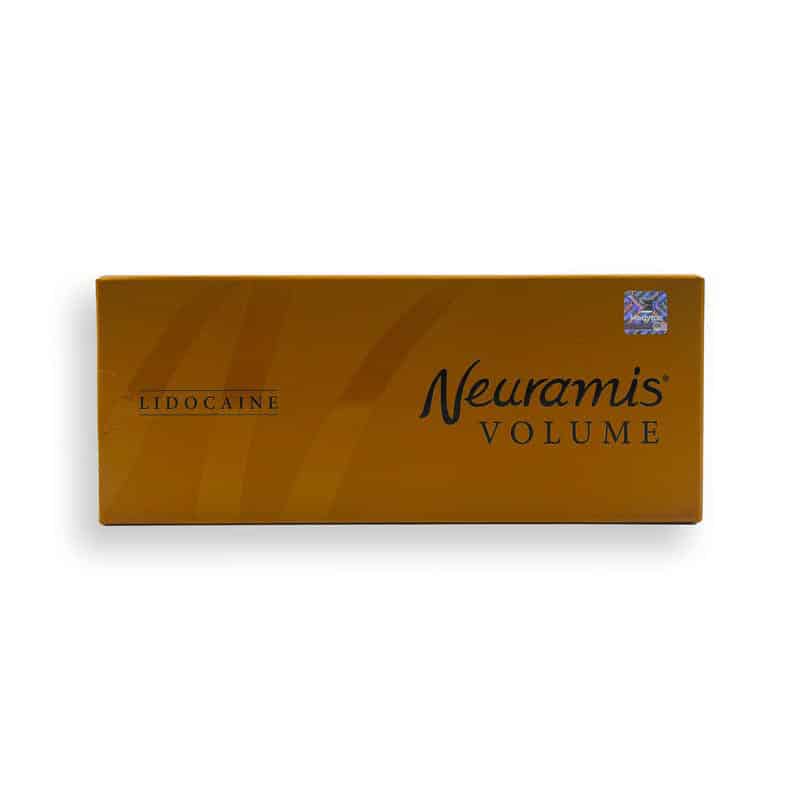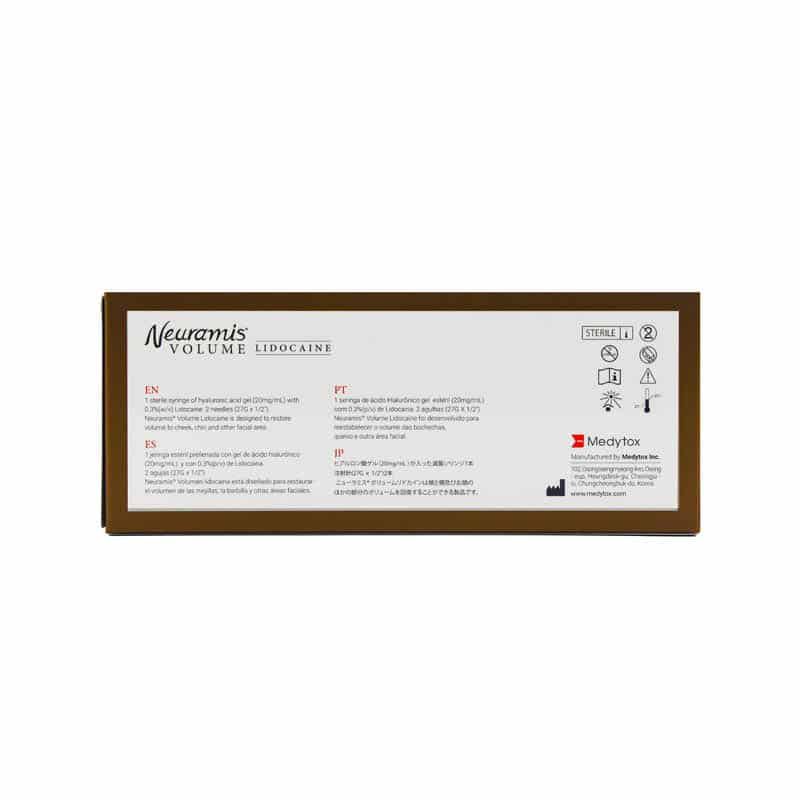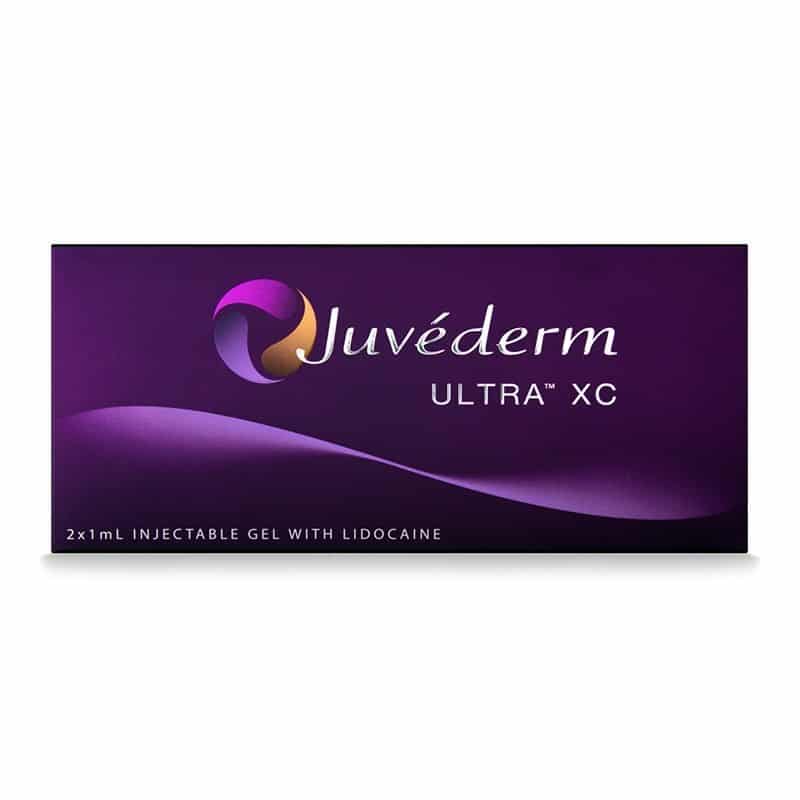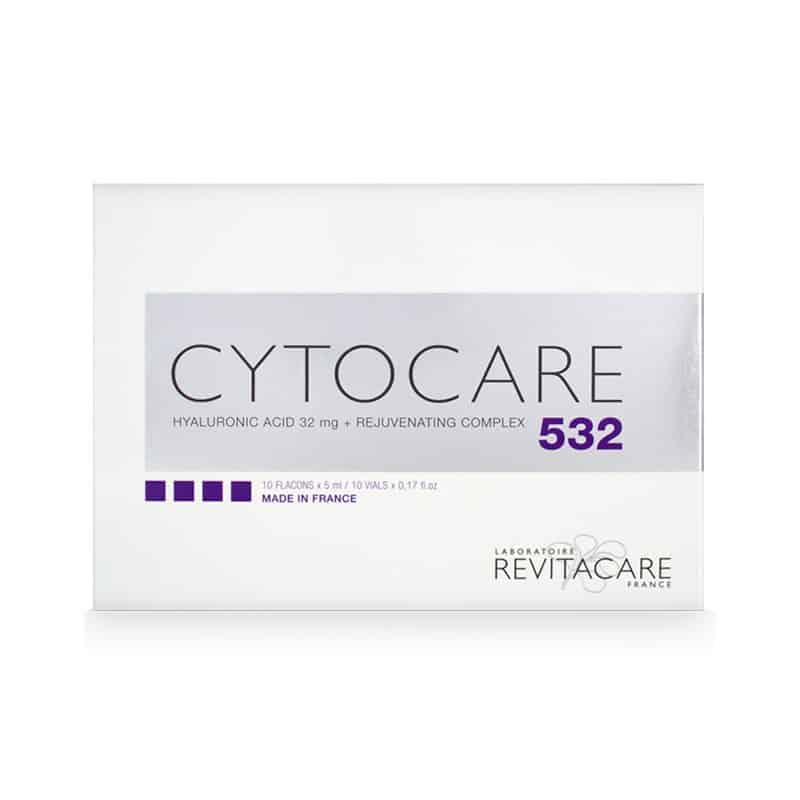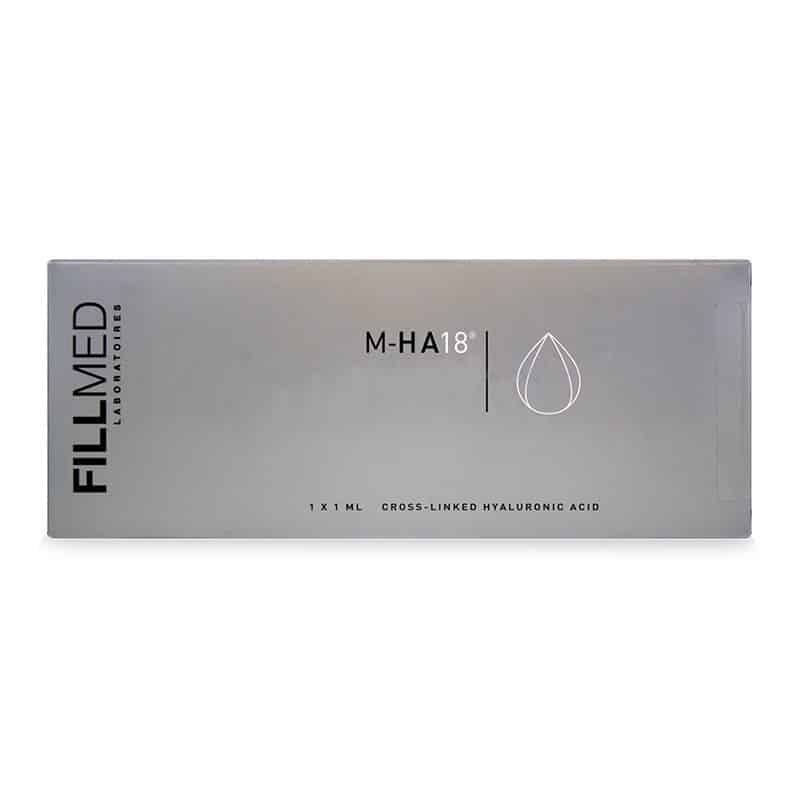Buy NEURAMIS® VOLUME with Lidocaine Online
$59.00
Group Buy Price: $54
brand:
NEURAMIS®
manufacturer:
Medytox Inc
active substances:
HYALURONIC ACID, LIDOCAINE
strength:
20mg/ml HA, 3mg/ml Lidocaine
pack size:
1 x 1ml Pre-Filled Syringes
Product Description
NEURAMIS® VOLUME with Lidocaine Product Overview
NEURAMIS® VOLUME with Lidocaine is a high-viscosity hyaluronic acid (HA) dermal filler tailored for deep facial augmentation and contouring. It is intended for patients seeking enhancement in areas requiring long-lasting volume and definition, such as the cheeks, chin, and nasolabial folds. Utilizing Medytox’s exclusive SHAPE (Stabilized Hyaluronic Acid and Purification Enhancement) technology, NEURAMIS® VOLUME offers robust stability and cohesiveness, while the inclusion of lidocaine ensures patient comfort during treatment.
Key Features:
- Hyaluronic Acid Concentration: 20 mg/mL
- Lidocaine: 0.3% for pain relief
- Application Areas: Cheeks, chin, nasolabial folds, and other areas needing structural support
- Technology: SHAPE technology for enhanced cross-linking and minimal BDDE residuals
NEURAMIS® VOLUME with Lidocaine Indications for Use
NEURAMIS® VOLUME with Lidocaine is ideal for deep dermal and subcutaneous augmentation, providing lift and structure in areas with significant volume loss or in need of contouring. This filler suits individuals seeking pronounced facial definition.
Primary Indications:
- Volume Restoration: Enhances facial areas like the cheeks, providing a fuller, youthful appearance.
- Contour and Definition: Augments the chin and jawline, creating sharper contours.
- Deep Wrinkle Correction: Effective for deep facial wrinkles, especially nasolabial folds.
NEURAMIS® VOLUME with Lidocaine Dosage Information
NEURAMIS® VOLUME with Lidocaine is administered in targeted doses according to the patient’s desired outcomes and the treatment area. The injection process requires careful technique to achieve a natural and balanced look.
Treatment Protocol:
- Standard Dosage per Area: Typically, 1-2 mL is administered per area, depending on the extent of volume loss.
- Application Depth: Injected into the deep dermis or subcutaneous tissue to achieve desired lift and contour.
- Injection Technique: A combination of threading and layering techniques is often used to distribute the filler evenly, ensuring natural and smooth results.
NEURAMIS® VOLUME with Lidocaine Side Effects and Precautions
NEURAMIS® VOLUME with Lidocaine is generally well-tolerated due to the biocompatibility of hyaluronic acid and the addition of lidocaine for pain relief. Nonetheless, minor side effects may occur at the injection site.
Common Side Effects:
- Localized Swelling and Redness: Temporary swelling or redness may occur post-injection, typically resolving within 24-48 hours.
- Bruising: Mild bruising is possible, especially in sensitive skin areas.
- Tenderness or Itching: Some patients report temporary discomfort, which usually subsides within a few days.
Precautions:
- Qualified Injector Requirement: Should be administered by a certified professional to minimize adverse effects and ensure optimal results.
- Contraindications: Avoid in patients with allergies to hyaluronic acid, lidocaine, or local anesthetics.
- Post-Treatment Care: Patients should avoid intense heat, sun exposure, and strenuous physical activity for 24 hours post-treatment to reduce irritation.
- Pregnancy and Breastfeeding: Not recommended due to limited safety data.
NEURAMIS® VOLUME with Lidocaine Clinical Studies or Real-World Outcomes
NEURAMIS® VOLUME with Lidocaine has demonstrated efficacy and durability in treating volume loss and enhancing facial contours. Clinical studies emphasize the filler’s sustained results and high patient satisfaction.
Key Findings:
- Longevity: Results can last 12-18 months, with high stability due to SHAPE technology.
- Patient Satisfaction: High levels of satisfaction with volume enhancement and comfort, attributed to the lidocaine component.
- Natural-Looking Results: The filler’s cohesiveness ensures smooth integration with natural facial tissue.
Clinical Observations:
- Consistency in High-Volume Areas: Provides lasting structure in areas needing deep volumizing, like the chin and cheeks.
- Durable Contour Enhancement: Results in sharper facial definition, particularly in the jawline and chin, complementing masculine and feminine aesthetics.
NEURAMIS® VOLUME with Lidocaine Composition and Active Ingredients
NEURAMIS® VOLUME with Lidocaine is composed of hyaluronic acid cross-linked through SHAPE technology, which enhances its durability and stability in the tissue.
Key Ingredients:
- Hyaluronic Acid (20 mg/mL): Provides volume, hydration, and structural support.
- Lidocaine (0.3%): Included for pain management, enhancing patient comfort during and after treatment.
- SHAPE Technology: Minimizes residual BDDE, ensuring safety and prolonging the filler’s effectiveness.
NEURAMIS® VOLUME with Lidocaine Drug Interactions
NEURAMIS® VOLUME with Lidocaine has low systemic absorption, but certain drug interactions may still impact treatment outcomes, especially in sensitive patients.
Important Considerations:
- Blood Thinners and Anticoagulants: Increased risk of bruising; patients should consult their physician regarding anticoagulant use.
- Combination with Other Injectables: Safe to combine with neuromodulators and other fillers when spaced appropriately to prevent tissue stress.
- Immunosuppressive Drugs: Patients using immunosuppressants may experience delayed healing or an increased risk of infection.
